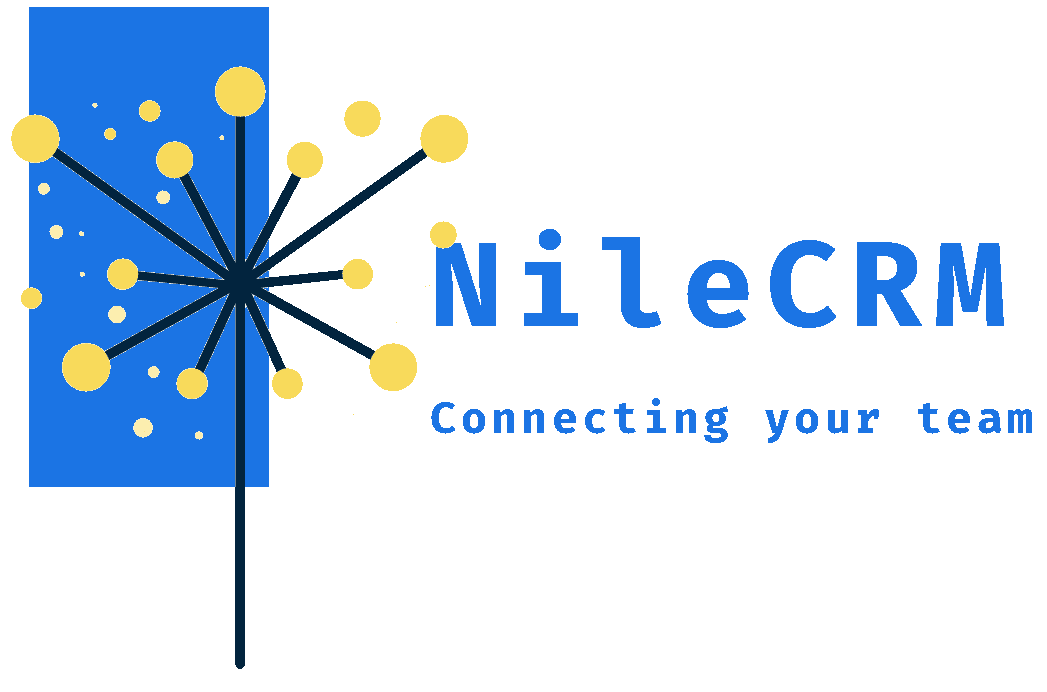Sales Force Effectiveness (SFE) is a cornerstone of success in the pharmaceutical industry, playing a pivotal role in optimizing the performance of medical representatives (MRs) and fostering seamless coordination across various organizational functions. By refining sales strategies, enhancing communication, and driving operational efficiency, SFE serves as a catalyst for improving both individual and organizational performance. In an industry characterized by rapid advancements and intense competition, SFE is not just a tool but a strategic imperative for achieving sustainable growth.
Enhancing Medical Representative Effectiveness
Medical representatives are the face of pharmaceutical companies, responsible for building relationships with healthcare professionals (HCPs), promoting products, and driving sales.
SFE empowers MRs to excel in their roles through the following mechanisms:
- Data-Driven Decision Making
SFE leverages advanced analytics and customer insights to enable MRs to identify and target the right HCPs with the most relevant products. By analyzing prescribing patterns, market trends, and customer preferences, MRs can tailor their approach to maximize impact. - Comprehensive Training and Development
Continuous learning programs are integral to SFE, ensuring that MRs remain well-versed in the latest medical advancements, sales techniques, and regulatory compliance. These programs not only enhance knowledge but also build confidence and credibility in interactions with HCPs. - Performance Metrics and KPIs
SFE establishes clear performance benchmarks and key performance indicators (KPIs) to measure MR effectiveness. Regular tracking of metrics such as call rates, conversion rates, and customer engagement helps MRs identify areas for improvement and refine their strategies. - Technology Integration
The integration of cutting-edge tools such as Customer Relationship Management (CRM) systems, AI-driven insights, and mobile applications enables MRs to streamline their workflows. These tools help manage schedules, track interactions, and optimize sales strategies, ensuring that MRs operate at peak efficiency.
Facilitating Cross-Departmental Coordination
SFE extends beyond sales performance, acting as a bridge that connects various departments within a pharmaceutical organization. This alignment ensures that all functions work cohesively toward common goals.
- Marketing and Sales Alignment
SFE ensures that marketing strategies are closely aligned with sales objectives. By providing MRs with targeted promotional materials, messaging, and campaigns, SFE enhances the effectiveness of customer engagement and drives higher conversion rates. - Medical and Compliance Collaboration
SFE fosters collaboration between sales teams and medical/regulatory departments to ensure that MRs adhere to ethical guidelines and deliver scientifically accurate information. This alignment not only mitigates compliance risks but also strengthens the credibility of the company’s messaging. - Supply Chain and Sales Synchronization
By aligning sales forecasts with supply chain operations, SFE helps prevent stock shortages or overstocking issues. This synchronization ensures that products are available when and where they are needed, enhancing customer satisfaction and reducing operational inefficiencies. - Customer Service and Feedback Integration
SFE facilitates a feedback loop between sales and customer service teams, enabling the organization to refine product positioning and address customer concerns. This real-time feedback ensures that the company remains responsive to market needs and maintains a competitive edge.
Strategic Impact on Company Performance
A well-executed SFE strategy has far-reaching implications for a pharmaceutical company’s success, contributing to growth and profitability in the following ways:
- Increased Sales and Market Share
By optimizing sales strategies and improving MR effectiveness, SFE drives revenue growth and enhances market penetration. Targeted approaches ensure that resources are focused on high-potential opportunities, maximizing returns. - Efficient Resource Allocation
SFE enables companies to identify high-performing territories and accounts, ensuring that sales teams are deployed strategically. This data-driven approach minimizes wasted resources and maximizes productivity. - Enhanced Brand Reputation
Consistent, ethical, and value-driven interactions with HCPs build trust and credibility for the brand. A strong reputation not only drives customer loyalty but also differentiates the company in a competitive marketplace. - Data-Driven Strategic Planning
The insights generated through SFE provide a foundation for long-term strategic planning. By analyzing market trends, customer behavior, and competitive dynamics, companies can adapt proactively to changing conditions and seize emerging opportunities.
Positioning for Long-Term Success
Sales Force Effectiveness (SFE) is a critical driver of success in the global pharmaceutical industry, offering a comprehensive framework for enhancing medical representative performance, fostering cross-departmental collaboration, and driving overall company growth. By investing in robust SFE strategies, pharmaceutical companies worldwide can empower their MRs to excel, optimize operational efficiency, and achieve a sustainable competitive advantage. In an increasingly complex and dynamic healthcare landscape, SFE is not just a tool for success—it is a strategic necessity for long-term growth and innovation. Companies that prioritize SFE are better positioned to navigate challenges, capitalize on opportunities, and deliver value to both customers and stakeholders.











